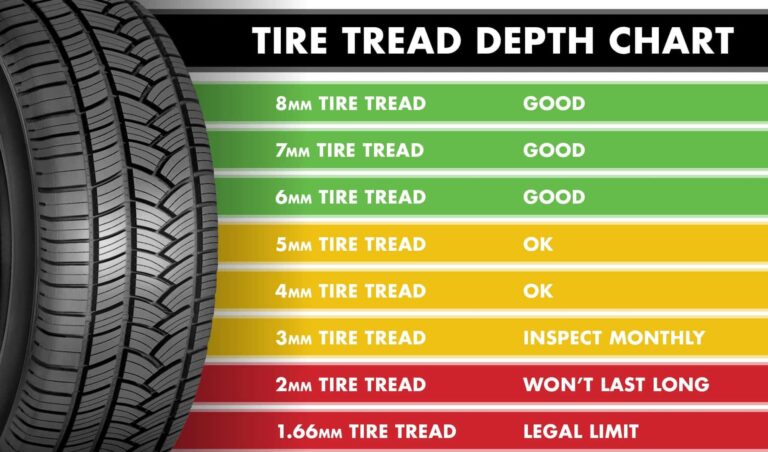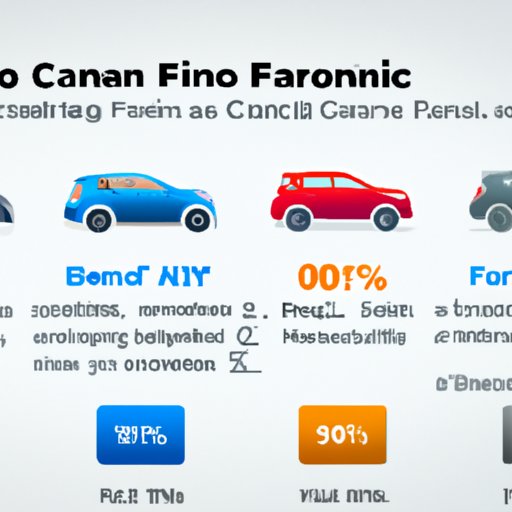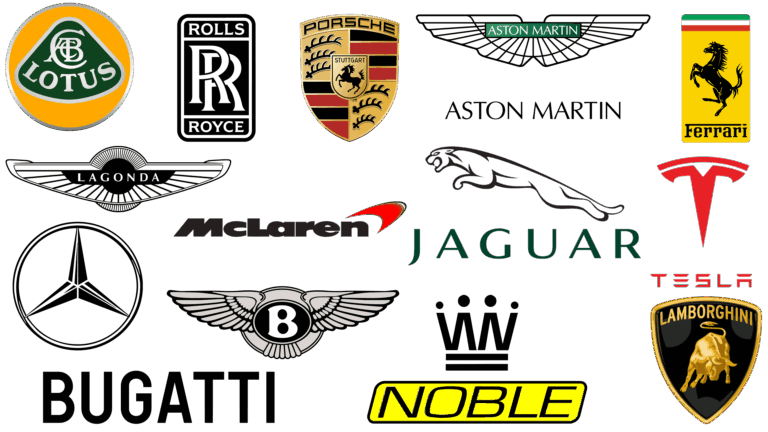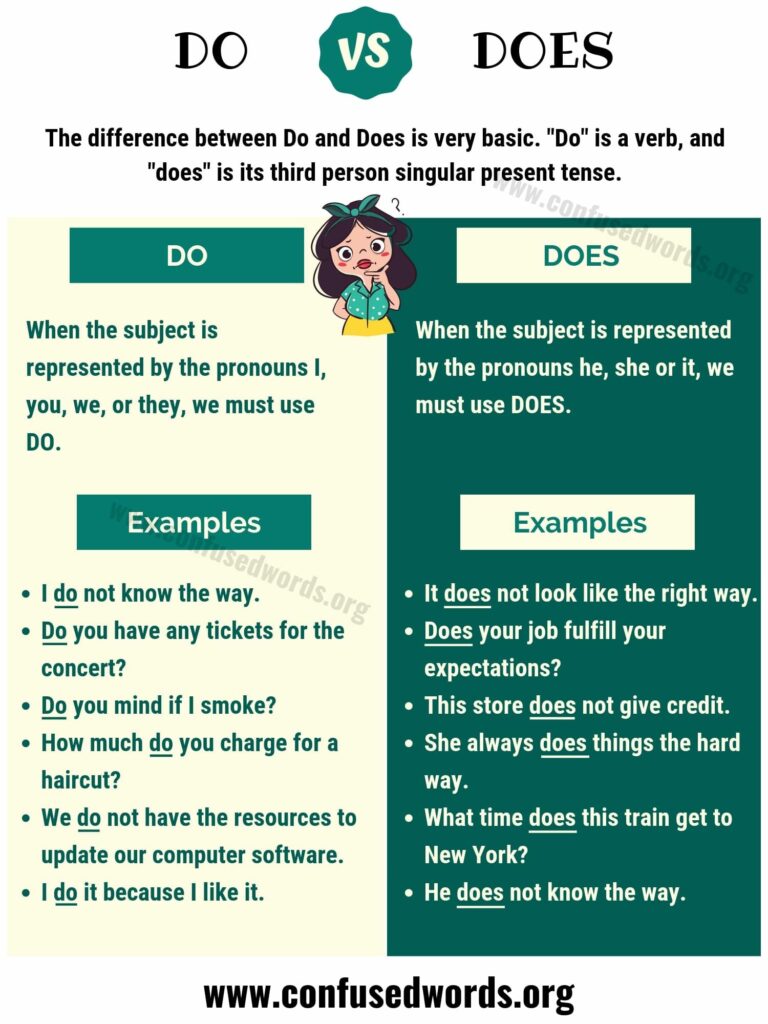Which Brand Of Car Battery Is The Best? Unraveling the Power Puzzle
Which Brand Of Car Battery Is The Best? Unraveling the Power Puzzle cars.truckstrend.com
The silent, often-overlooked hero beneath your car’s hood is the battery. It’s the unsung workhorse that provides the initial surge of power to crank your engine, ignite the fuel, and power your vehicle’s complex electrical systems. Without a healthy battery, your car is little more than a very expensive lawn ornament. When it comes time to replace this vital component, the question inevitably arises: "Which brand of car battery is the best?"
The truth is, there isn’t a single, universally "best" brand for every driver and every vehicle. The "best" battery is one that perfectly matches your car’s specifications, your driving habits, your local climate, and your budget. This comprehensive guide will dissect the world of car batteries, helping you understand what makes a good battery, which brands are reputable, and how to make the most informed decision for your vehicle.
Which Brand Of Car Battery Is The Best? Unraveling the Power Puzzle
Understanding Car Battery Basics: The Power Behind the Start
Before diving into brands, it’s crucial to understand the fundamental types and metrics of car batteries. This knowledge empowers you to read specifications and make sense of the options available.
1. Battery Technologies:
- Flooded Lead-Acid (Wet Cell): These are the traditional, most common, and often most affordable batteries. They contain liquid electrolyte (sulfuric acid and water) and require occasional maintenance (checking and topping off fluid levels in some models). They are reliable for standard vehicles.
- Absorbed Glass Mat (AGM): A significant upgrade from flooded batteries, AGM batteries use a special glass mat to absorb the electrolyte, making them spill-proof, vibration-resistant, and maintenance-free. They offer higher cranking power, faster recharging, and better performance in extreme temperatures. They are ideal for modern vehicles with stop-start systems, numerous electronic accessories, or those driven in demanding conditions.
- Enhanced Flooded Battery (EFB): A middle ground between flooded and AGM, EFBs are designed for vehicles with basic stop-start systems. They offer improved cycle life and charge acceptance compared to standard flooded batteries but are less robust than AGMs.
- Lithium-Ion (LiFePO4): While still emerging and expensive for mainstream automotive starting applications, lithium-ion batteries are incredibly lightweight, offer high energy density, and have a very long cycle life. They are more common in high-performance or custom applications due to their cost.
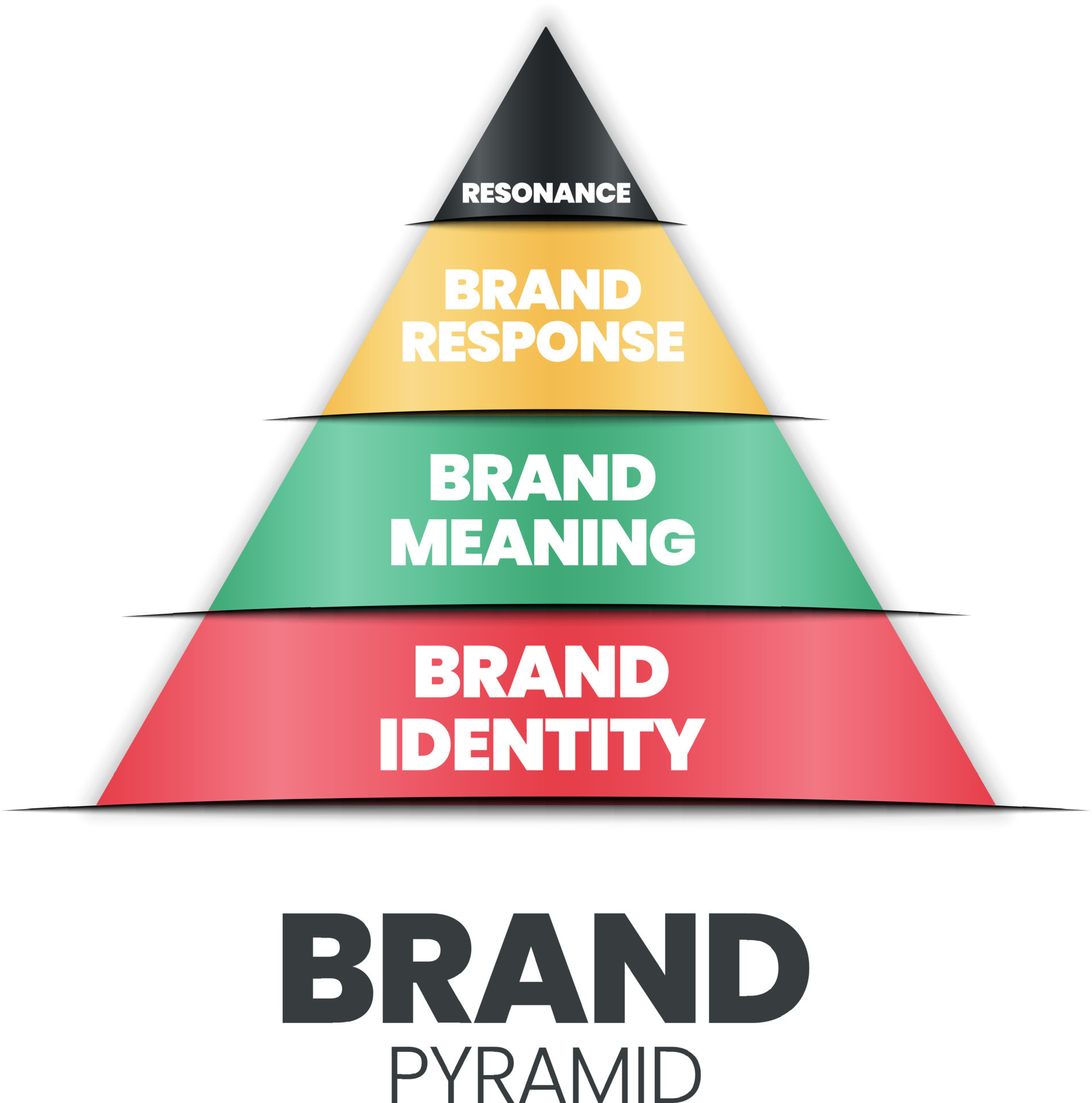
2. Key Performance Metrics:
- Cold Cranking Amps (CCA): This is arguably the most important rating. CCA indicates the number of amps a 12-volt battery can deliver at 0°F (-18°C) for 30 seconds while maintaining at least 7.2 volts. Higher CCA is crucial for starting engines in cold climates, as cold temperatures increase engine oil viscosity and reduce battery efficiency.
- Cranking Amps (CA): Similar to CCA, but measured at 32°F (0°C). CA ratings are always higher than CCA ratings for the same battery.
- Reserve Capacity (RC): Measured in minutes, RC indicates how long a battery can deliver 25 amps at 80°F (27°C) before its voltage drops below 10.5 volts. This is a measure of how long your battery can power essential accessories (lights, wipers, etc.) if your alternator fails. Higher RC is beneficial.
- Amp-Hours (Ah): While more common for deep-cycle batteries (used for sustained power, like in RVs), Ah measures the battery’s total energy storage capacity.
Factors to Consider When Choosing Your Car Battery
The "best" battery is the one that fits your specific needs. Here’s what to evaluate:
- Vehicle Compatibility (BCI Group Size): This is non-negotiable. Your car’s owner’s manual or the existing battery will specify a BCI (Battery Council International) group number (e.g., Group 24, Group 35, Group 65). This dictates the physical dimensions of the battery and the terminal configuration (top or side posts, positive/negative location). Always match this.
- Climate: If you live in a region with harsh winters, prioritize a higher CCA rating. Extreme heat can also degrade batteries faster, so a robust, heat-resistant design is beneficial.
- Driving Habits:
- Short Trips/Infrequent Driving: If you often make short trips or let your car sit for extended periods, the battery may not fully recharge, leading to sulfation. An AGM battery or a trickle charger might be beneficial.
- Long Commutes: Most batteries will perform well here, as the alternator keeps them charged.
- Vehicles with Stop-Start Systems: These cars require AGM or EFB batteries specifically designed to handle frequent engine restarts.
- Electronic Demands: Modern cars are packed with electronics. If your vehicle has many power-hungry accessories (advanced infotainment, heated seats, multiple charging ports), an AGM battery with a higher RC might be a wise investment.
- Warranty: A longer warranty period (e.g., 36-48 months full replacement) indicates the manufacturer’s confidence in their product and offers peace of mind.
- Budget: While you shouldn’t always opt for the cheapest, there’s a balance. Consider the cost-benefit of a premium battery versus a standard one.
Top Car Battery Brands and Their Reputations
While there’s no single "best," certain brands consistently earn high marks for reliability, performance, and innovation. Here are some of the most reputable players in the market:
- Optima Batteries: Famous for their unique Spiralcell Technology (AGM), Optima batteries are easily recognizable by their distinct colored tops (RedTop for starting, YellowTop for deep cycle/starting, BlueTop for marine/RV). They are known for high cranking power, excellent vibration resistance, and deep-cycling capabilities. Often favored by performance enthusiasts, off-roaders, and those needing robust power.
- Interstate Batteries: One of the largest and most recognized brands in North America, Interstate has a strong reputation for reliability and widespread availability. They offer a comprehensive range of batteries for various applications, including standard flooded, AGM, and EFB. Their Mega-Tron and MTZ (AGM) lines are particularly popular.
- ACDelco: As the original equipment manufacturer (OEM) for General Motors vehicles, ACDelco batteries are known for their reliable performance and good value. They offer a variety of battery types, including professional-grade AGM options, and are a solid choice for a wide range of vehicles.
- DieHard (by Clarios/Advance Auto Parts): A household name for decades, DieHard batteries have a long-standing reputation for dependable starting power. While the brand has changed hands, it continues to offer a range of reliable options, including standard flooded and robust AGM batteries. They are often competitively priced, especially during sales events.
- EverStart (Walmart Brand): Often a budget-friendly choice, EverStart batteries (manufactured by Johnson Controls/Clarios) offer decent performance for their price point. They are readily available at Walmart locations, making them a convenient option for many consumers. While not typically top-tier performers, they offer good value for standard applications.
- Bosch: A global leader in automotive technology, Bosch offers high-quality batteries, particularly their AGM line, which are often preferred for European vehicles or those with demanding electrical systems. They are known for reliable starting power and durability.
- Odyssey Batteries (by EnerSys): Considered a premium, high-performance brand, Odyssey batteries are known for their extreme cranking power, deep cycling capabilities, and exceptional longevity. They use Thin Plate Pure Lead (TPPL) AGM technology, offering superior power density and faster recharge times. They are often more expensive but deliver top-tier performance and durability.
- Exide: A major global battery manufacturer, Exide offers a wide range of batteries for various applications, from standard automotive to heavy-duty. They are often an OEM supplier for several car manufacturers and provide reliable, well-engineered products.
How to Select the Right Battery for Your Vehicle: A Practical Guide
- Consult Your Owner’s Manual: This is your primary resource. It will specify the exact BCI Group Size, minimum CCA rating, and often the recommended battery type (e.g., "use AGM battery").
- Match or Exceed CCA: Never go below the recommended CCA. Going slightly higher is generally fine, especially in cold climates, but dramatically higher CCA might not offer a proportionate benefit for the cost.
- Consider RC: A higher RC is always a good idea, as it provides a longer buffer in case of alternator failure.
- Evaluate Battery Type: If your car has a stop-start system, you must use an AGM or EFB battery. For older cars, a standard flooded battery might suffice, but an AGM can still offer benefits like longer life and maintenance-free operation.
- Check the Warranty: Look for a good full-replacement warranty (e.g., 36-48 months). Prorated warranties offer less protection.
- Read Reviews (with caution): Online reviews can be helpful, but consider the source and look for consistent patterns rather than isolated complaints.
- Shop Around: Prices can vary significantly between retailers and brands. Compare not just the upfront cost but also the warranty and specifications.
Tips for Maximizing Car Battery Life
Even the "best" battery needs proper care to last.
- Keep it Charged: Short trips don’t allow the alternator to fully recharge the battery. If you frequently make short drives or store your car, use a smart trickle charger.
- Keep it Clean: Battery terminals can corrode. Regularly clean them with a wire brush and a battery terminal cleaner solution. Apply anti-corrosion spray or grease.
- Secure Mounting: Ensure the battery is securely clamped down. Vibrations can damage internal components.
- Avoid Deep Discharges: Letting your battery completely die repeatedly significantly shortens its lifespan.
- Minimize Parasitic Drain: Ensure all accessories are turned off when the car is off. A persistent drain can slowly kill your battery.
- Monitor Your Charging System: A faulty alternator can overcharge or undercharge your battery, leading to premature failure. Get your charging system tested periodically.
Potential Challenges and Solutions
- Premature Failure: If a new battery dies quickly, it might be due to a faulty charging system (alternator), a persistent parasitic drain, or a defective battery (rare, but happens). Get your car’s electrical system diagnosed.
- Corrosion: Regular cleaning and anti-corrosion sprays are your best defense.
- Incorrect Size/Specs: Always double-check BCI group size and CCA before purchase. Most retailers have a return policy for incorrect fitment.
- Difficulty Installing: If you’re uncomfortable with the process (it involves working with high voltage and potentially corrosive materials), seek professional help.
Estimated Price Range for Popular Car Battery Brands (Illustrative)
| Brand | Typical Technology | Common CCA Range | Estimated Price Range (USD) | Key Feature/Notes |
|---|---|---|---|---|
| EverStart | Flooded Lead-Acid | 500-750 | $100 – $160 | Budget-friendly, convenient Walmart availability |
| ACDelco | Flooded Lead-Acid, AGM | 600-850 | $130 – $220 | Reliable OEM quality, good value |
| DieHard | Flooded Lead-Acid, AGM | 600-875 | $140 – $250 | Long-standing reputation, often on sale |
| Interstate | Flooded Lead-Acid, AGM, EFB | 650-900 | $150 – $280 | Widely available, strong reputation for reliability |
| Bosch | Flooded Lead-Acid, AGM | 680-920 | $160 – $300 | European engineering, high quality, good for modern cars |
| Optima | AGM (Spiralcell) | 720-800 | $220 – $350 | High performance, vibration resistant, deep cycle capable |
| Odyssey | AGM (TPPL) | 750-1000+ | $280 – $450+ | Premium, extreme performance, exceptional longevity |
Note: Prices are estimates and can vary significantly based on battery group size, specific model, retailer, promotions, and core charges.
Frequently Asked Questions (FAQ)
Q: How often should I replace my car battery?
A: Typically, a car battery lasts 3-5 years, but this can vary based on climate, driving habits, and battery type. Extreme temperatures (both hot and cold) can shorten its lifespan.
Q: Can I put a higher CCA battery in my car?
A: Yes, generally, putting a battery with a slightly higher CCA than recommended is fine and can be beneficial, especially in cold climates. Never go below the recommended CCA.
Q: What’s the difference between CCA and CA?
A: CCA (Cold Cranking Amps) is measured at 0°F (-18°C), while CA (Cranking Amps) is measured at 32°F (0°C). CCA is a more stringent test and is more relevant for starting in cold weather. CA will always be a higher number for the same battery.
Q: Is an AGM battery worth the extra cost?
A: For many modern vehicles, especially those with stop-start systems or extensive electronics, an AGM battery is often necessary or highly recommended. For older, simpler cars, it’s an optional upgrade that offers benefits like longer life, maintenance-free operation, better vibration resistance, and faster recharging, potentially justifying the higher cost.
Q: How do I know if my battery is dying?
A: Common signs include slow engine cranking, dim headlights when the engine is off, the "check battery" light illuminating on your dashboard, or needing frequent jump starts. You can also have it tested at an auto parts store or mechanic.
Q: Can I install a car battery myself?
A: Yes, it’s a common DIY task. However, it involves working with electricity and potentially corrosive materials. Always wear safety glasses and gloves, disconnect the negative terminal first and reconnect it last, and ensure proper ventilation. If unsure, it’s best to have a professional install it.
Concluding Thoughts
The quest for the "best" car battery brand isn’t about finding a single, undisputed champion. It’s about understanding your vehicle’s specific needs, your personal driving conditions, and the various technologies and metrics that define battery performance. Reputable brands like Optima, Interstate, ACDelco, DieHard, Bosch, and Odyssey consistently offer quality products, but the ultimate decision rests on matching the right battery to your unique circumstances.
By prioritizing vehicle compatibility, appropriate CCA and RC ratings, a strong warranty, and considering your driving habits and climate, you can make an informed choice that ensures reliable starts and peace of mind for years to come. A reliable battery isn’t just a component; it’s an investment in your vehicle’s dependable performance.

